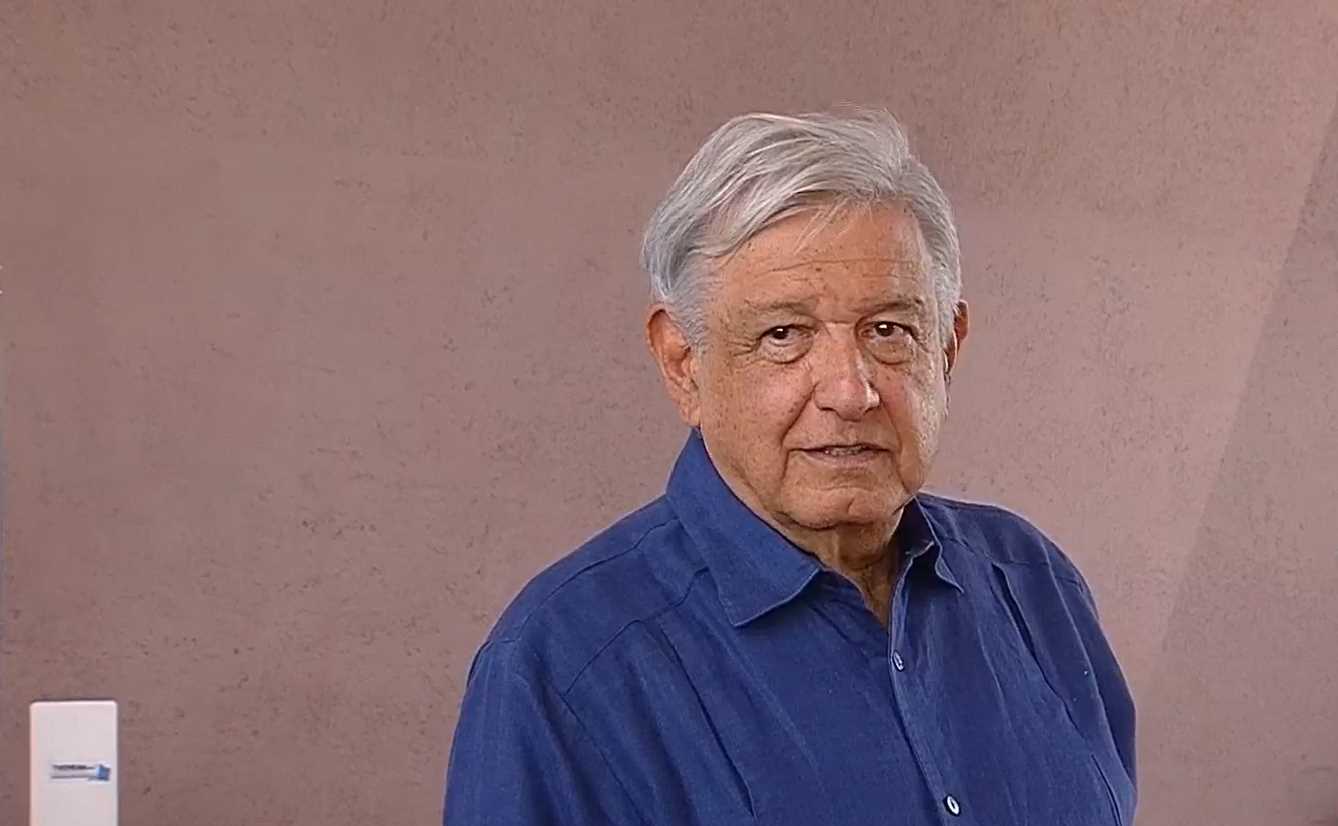Mexico's Morning Conference Highlights Infrastructure
Mexico's Morning Conference: From electrifying trains to museum openings, President López Obrador's updates showcase economic growth and political antics. With promises of fair play and protection, it's a whirlwind of progress and drama.

President Andrés Manuel López Obrador (AMLO) is putting a new spin on the old “choo choo” sound – it's no longer just the soundtrack of a toddler's playtime, but rather the rumble of Mexican progress. In his recent Morning Conference, AMLO outlined ambitious plans to revitalize Mexico's passenger rail network.
By the end of his term, AMLO envisions over 3,000 kilometers of shiny new railway tracks whisking passengers along. True to his style, there's also a touch of the audacious here – AMLO hinted at potentially 18,000 more kilometers down the line, a logistical feat he'll gleefully leave as a legacy challenge for the next administration.




